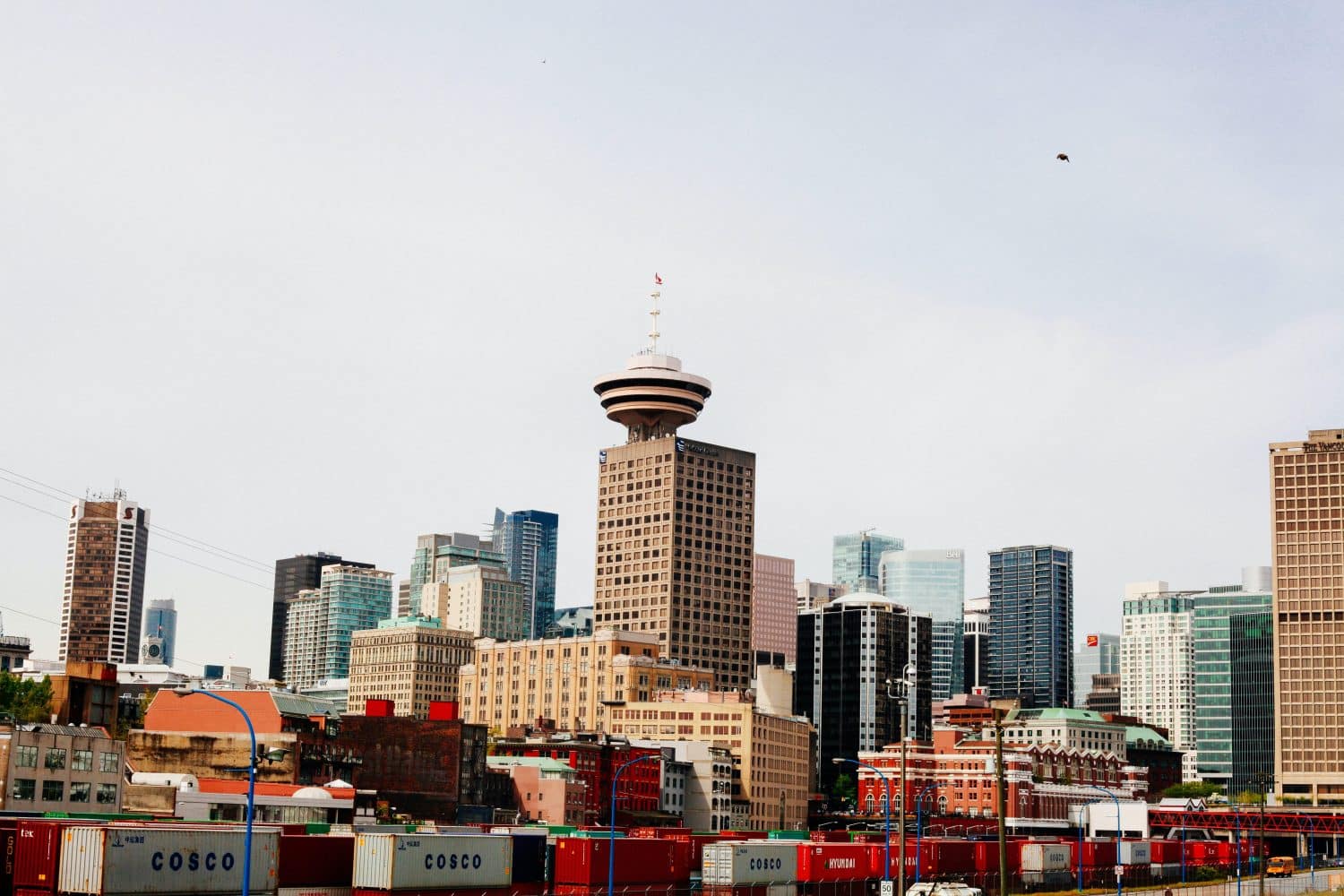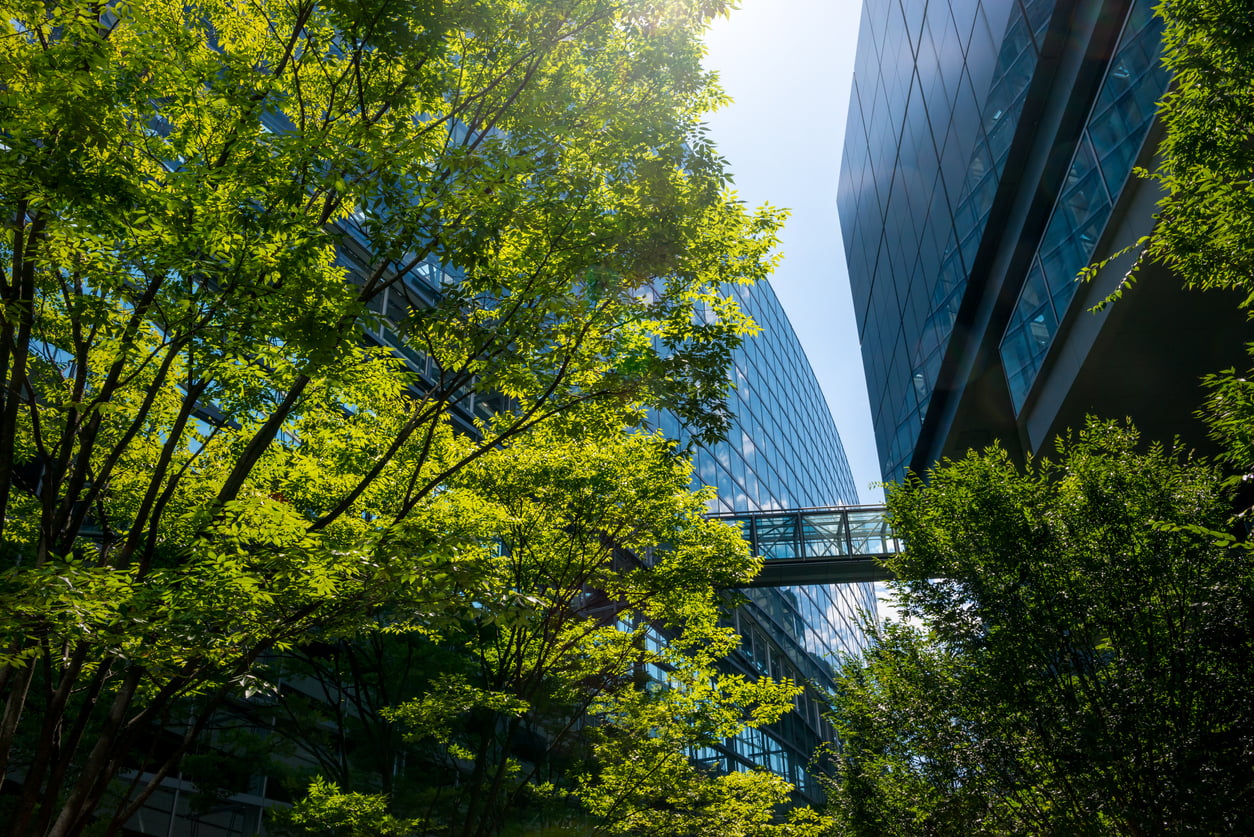Every day, we move closer to the many Net Zero 2050 goals set across global economies. And, every day, it becomes all the more vital for asset owners to take action towards decarbonization to meet those Net Zero goals. Over 13 countries have already passed Net Zero legislation, with more countries following suit and proposing legislation that are soon to be adopted. Ultimately, Net Zero should not be new news.
What may seem like new news, though, is the incremental and penalty-based legislation that both encourages companies who have strong ESG goals and has the potential to punish those who have neglected to adopt a sustainability plan.
Canada is no exception to this world-wide trend, and has recently focused on carbon-based initiatives more than ever. Last month, Prime Minister Justin Trudeau announced a climate plan that details new mandate goals that are to be developed by the Minister of Finance and Minister of Environment and Climate Change. “The science is clear. Canadians have been clear,” wrote Prime Minister Trudeau. “We must not only continue taking real climate action, we must also move faster and go further.”
Keep reading to learn more about these new mandates, and how they may affect your CRE organization:
1. Climate Reporting Mandates
The Prime Minister’s proposed updates to the rules around climate reporting are undeniably the most talked about change from the recent climate initiative announcement. These new reporting initiatives will mandate federally regulated institutions to issue climate disclosure reports and Net Zero plans.
While this new mandate will mainly affect financial institutions, pension funds, and government agencies, for the CRE world, it importantly represents a dramatic and severe trend in North America towards reporting mandates beyond these organizations.
For example, New York City’s Local Law 97 and Boston’s Carbon Free Boston initiative both have climate reporting standards that are now backed by severe financial penalties for buildings that do not reach certain emission standards.
We are likely to see more severe mandates backed by financial penalties rolled out to a wider span of businesses in the near future as Canada continues to follow precedents set by large North America cities.
2. Implementation of a Task Force Framework
Many environmentalists criticize some of the most avid world-economy sustainability plans for large goals that have a lack of infrastructure to back them. But, Prime Minister Trudeau’s announcement accounts for those worries through the incorporation of the Task Force on Climate-related Financial Disclosures (TCFD).
TCFD is considered the global standard for creating structured and regulated climate-related disclosures, and is the same framework used by the U.K. in their Net Zero 2050 economic goals. The U.S. also relies on these standards, though have not yet officially incorporated them into federal government regulation roll outs.
While the TCFD standards are not specifically a shocking implementation, it does show just how serious Canada’s financial and environmental leaders are about strictly and effectively enforcing these mandates.
3. Tax Credits Program to Promote Clean Carbon Projects
Another notable aspect of Prime Minister Trudeau’s announcement is that businesses and investors will be able to claim tax credit for their Carbon Capture, Utilization and Storage (CCUS) projects. CCUS includes many methods of technology that safely and effectively remove carbon from the atmosphere and either recycle that carbon or store it permanently and safely.
Canada’s investment tax credit program will be available for a broad range of CCUS projects in hopes to encourage organizations to help the Government of Canada achieve their Net Zero 2050 goal.
While investment tax rates for CCUS have yet to be announced, the government intends to roll out this program and make tax credit available in 2022. However, project proposals are already open, with instructions found on how to submit your proposal on the Department of Finance website.
“The science is clear. Canadians have been clear. We must not only continue taking real climate action, we must also move faster and go further.” — Prime Minister Trudeau
What This Means for You
The path to decarbonization is a long one, and Net Zero 2050 deadlines—and the many benchmarks leading up to 2050—are approaching more quickly than businesses can find solutions to meet their deadlines. Even if the local or federal decarbonization legislation are not currently applicable to you now, regulations are more likely than ever to be set suddenly by those who don’t understand what it takes to actually reach Net Zero for a large building.
Ultimately, climate mobilization for CRE properties has no quick fix. But, there are options that can help you start to save on carbon and costs now so that you are prepared for what’s coming. Don’t know where to start? We talked to industry experts who shared that we can expect to see CRE leaders on data-driven technology to make the fastest carbon reduction improvements this next year, especially as occupancy rates continue to fluctuate as COVID continues to affect whether workers return to the office.
If you are interested in learning more about the state of CRE sustainability in 2022 and are looking for actionable recommendations to stay ahead of regulations, go download Cortex’s “4 CRE Sustainability Predictions for 2022” report for advice and insight from industry leaders from organizations like Vanbarton Group, Savanna, Kastle Systems, Raith Capital Partners, CREtech, and more! Read the report, here.







